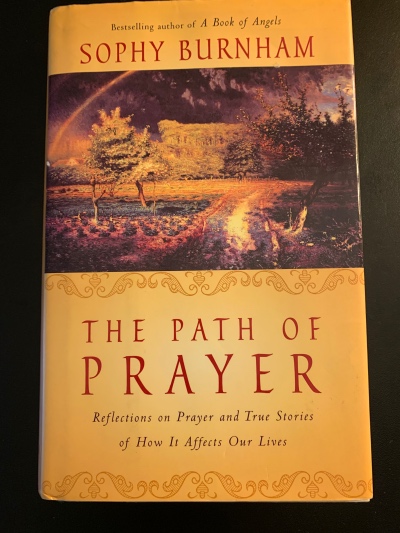I was talking with a friend the other day, who had inadvertently hurt me. (Hurts are usually inadvertent: Who would choose a friend who would deliberately hurt you?)
He said, “I don’t take responsibility for hurting you. If your hurt button got pushed, it has nothing to do with me.”
It took me aback. I hadn’t thought about there being a “hurt button.” But it’s true that as you wander through the groves of life you can’t help picking up burrs or having your skin torn by the brambles and thorns of being alive. The result is a hurt or scab or scar or itch, waiting to be scratched. So, he was right. I was hurt, but I cannot say that he hurt me.a
A great friend once laughingly told me, “I used to say, such and such was done to me, and I’d almost drown in a pond of self-pity.” She glanced up, eyes sparkling. Then I learned to say, “it was done FOR me. It’s all grist for my self-discovery.”
Even so, I wonder about responsibility. Is there truly no responsibility? Does that mean you don’t say you’re sorry, even if you inflicted hurt unknowingly?a
In the Buddhist Metta prayer you begin with forgiving those who offended you, and then with asking forgiveness for your own blunders…
“May I be forgiven for all offenses I have committed knowingly and unknowingly, by thought, word, and deed. May I be forgiven for them all. May I forgive all those who have offended me, knowingly and unknowingly, by thought, word, and deed. May I forgive them all. . . . May I be well and happy, free from suffering and pain, liberated.”
One way to practice this prayer is this: You can think of a stranger and repeat the words for her; and then widening your energy outward to encompass all the people in your block, then your city, your country, your hemisphere, the globe, and finally to the farthest stars and to all beings, known and unknown, visible and invisible .. . “May all sentient beings be forgiven. . . may they forgive . . . may they be well and happy, free from suffering and pain, liberated.”
By the time you finish, 20 minutes later, you are in a state of ecstasy, and want nothing but that all sentient beings, even the smallest ants and beetles, forgive, be forgiven, be free of pain. (As we’ve learned recently even trees are sentient.)
The prayer acknowledges that hurts can be inflicted unknowingly, and that forgiveness is so difficult that it requires a discipline, a prayer, a higher understanding. Implicit is the knowledge that the hurt button is always waiting to be pushed. An apology is nice, but the hurt button truly waiting for recognition. Always waiting for the compassionate balm of self-love.
And yet, I keep returning to my friend’s statement. Does he mean I have no responsibility in hurting another? I would always apologize for my thoughtlessness. For having hurt you. Don’t I have a responsibility for recognizing the other person’s “hurt button”? Or is that asking too much? Does not recognizing exempt me from fault or guilt?
I am one of those people who says “I’m sorry,” for faults that aren’t even my own. If you’re hurting, I’m sorry. If the weather is bad, if the mail didn’t come, if you missed the concert, I’m sorry. I’m sorry, I’m sorry. Is it empathy? Or is it merely cultural conditioning that makes me, a woman, take responsibility, where my friend, a man, sees none? Or is this a genderless issue which reflects on what we absorbed in our childhood or adolescence, etc.? This prayer teaches us that we can release these thoughts in a way that empties us from ourselves (and any guilt or shame) so that we can forgive.
Relationships are not just about being “hurt” or “hurting another” but learning how to forgive, not just the other but ourselves. This helps pave the way for re-framing relationships from the past as well as in the future. Awareness brings clarity and being OK with who we are. Not perfect but always working toward something better.
©️ Sophy Burnham, 2021.


